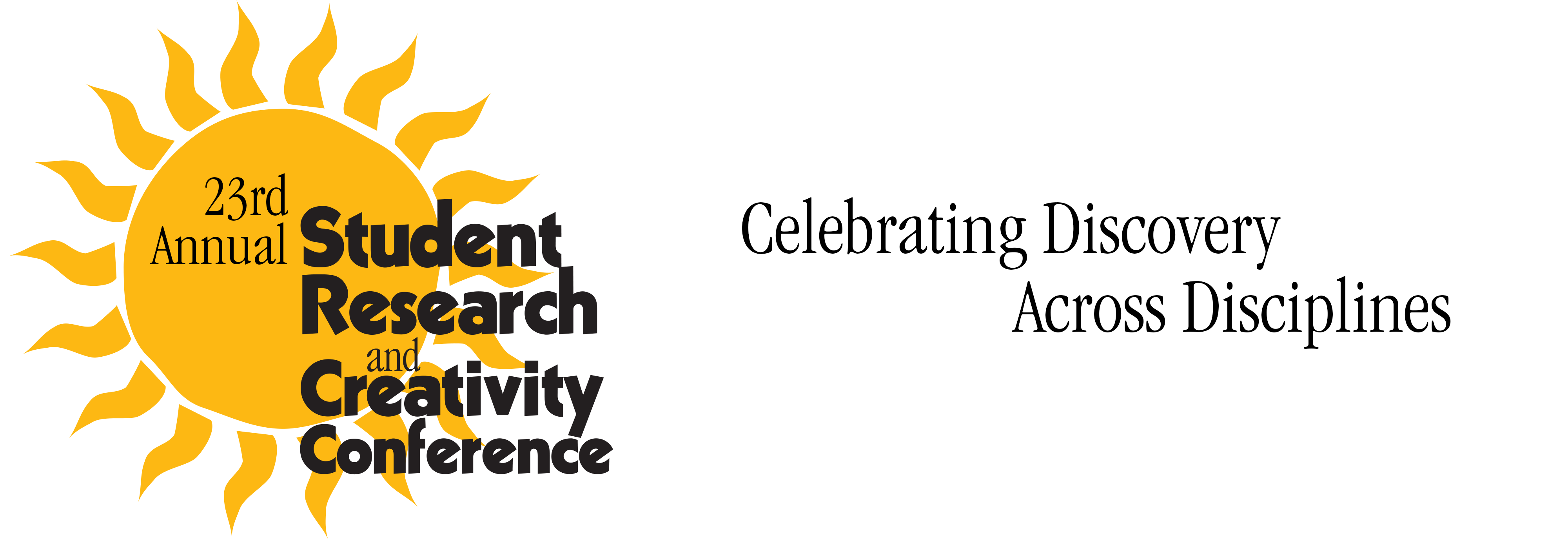Files
Download Full Text (4.6 MB)
Description
Shane McKnight, William Roberts, PSY498: Honors Thesis II
Faculty Mentor(s): Professor Michael MacLean, Psychology
The effects of mindfulness meditation on college students' self-regulation, academic performance, and well-being were tested using brief, twice-daily, online sessions for four weeks. In addition to using briefer and fewer meditation sessions, the study differed from previous studies in multiple ways, including self-regulation problems being broken down into impulsivity and under control, a mediational model of mindfulness reducing self-regulation problems and improving academic performance being tested, the effects of adding a focus on positive emotions component being tested, and being conducted during a pandemic with nearly all classes held online. Participants were recruited from college classes in exchange for money and possible extra credit. Out of 49 initial participants, 33 completed every aspect of the study. Participants received online meditation training (preferably synchronous, but asynchronous guidance was available as well) twice a day for four weeks, four days per week. Sessions lasted 15 minutes. Participants completed self-report measures before the program started and after its completion. Longitudinal comparisons indicated significant reductions in stress and negative affect and self-regulation problems and significant improvement in academic performance. Initial mediation analyses suggest that the improvement in self-regulation was not the reason for improved academic performance. The effects of adding a meditation component focusing on positive affect were tested and were not significant. Implications regarding the benefits and limitations of brief online mindfulness meditation will be discussed.
Publication Date
2021
Recommended Citation
McKnight, Shane and Roberts, William, "Mindfulness Meditation Effects on Self-Regulation and Academic Performance" (2021). Psychology and Social Sciences. 7.
https://digitalcommons.buffalostate.edu/srcc-sp21-psychsocsci/7




